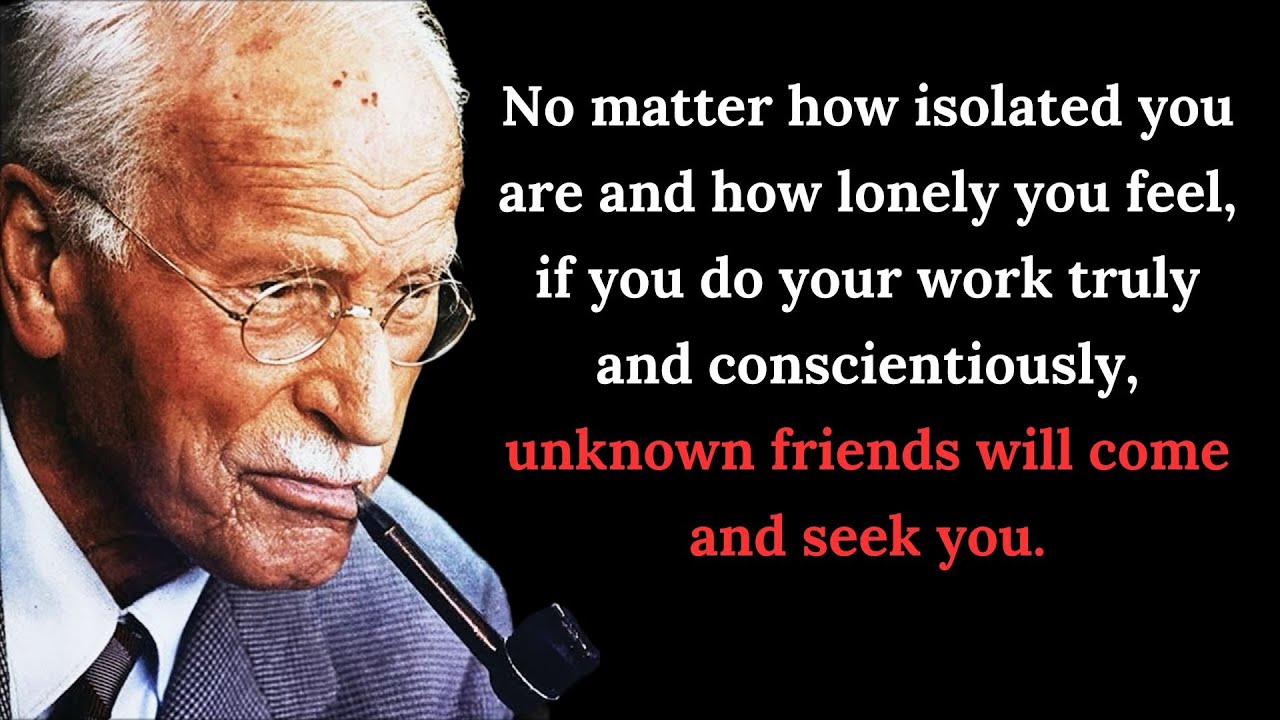Carl Jung emphasized that meaningful connections stem from self-awareness, authenticity, and inner work, suggesting that personal growth attracts like-minded individuals. He highlighted the importance of vulnerability and confronting our own shadows to foster deeper relationships, ultimately advocating for quality over quantity in our interactions.
Carl Jung, a pivotal figure in 20th-century psychology, dedicated his life to understanding the complexities of the human psyche. His insights into human connection are particularly relevant today, as loneliness has become increasingly prevalent despite technological advancements. Jung emphasized the importance of self-awareness and authenticity in forming meaningful relationships, suggesting that true connection begins with inner work rather than external pursuits. His quote, “no matter how isolated you are… unknown friends will come and seek you,” highlights the idea that focusing on personal growth attracts like-minded individuals.
Jung’s own life exemplifies this principle. He often worked in solitude, exploring his unconscious mind and developing unique theories that eventually drew a circle of deeply connected individuals to him. This authenticity acted as a magnet for others on similar journeys, demonstrating that engaging in inner work can lead to profound connections. For Jung, this inner work involved the process of individuation, which is about integrating all aspects of the self—both light and shadow—into a harmonious whole, rather than striving for perfection or external approval.
The concept of the “shadow” is central to Jung’s understanding of relationships. He believed that acknowledging and confronting our own darker aspects allows us to empathize with others’ imperfections. Relationships serve as mirrors, reflecting our suppressed traits and providing opportunities for growth. By integrating our shadows, we become more whole and capable of forming deeper connections. Jung argued that true relationships are dynamic and transformative, where both parties influence and elevate each other, rather than static or superficial.
Vulnerability is another crucial element in forming meaningful connections, as Jung noted that loneliness stems from an inability to communicate what is important to us. By being vulnerable and sharing our fears and dreams, we create spaces for mutual understanding and empathy. This principle is evident in therapeutic relationships, where patients heal when they feel seen and heard. The same dynamic applies to all relationships; fostering an environment where individuals can be authentic leads to deeper connections.
Ultimately, Jung’s approach to meaningful connection emphasizes the importance of self-discovery, vulnerability, and growth. It requires patience, as meaningful relationships take time to develop. By focusing on becoming authentic, self-aware individuals, we can attract and nurture relationships that enrich our lives and contribute to a broader network of healing and transformation. Jung’s teachings remind us that true connection is not about quantity but the quality of our interactions and the courage to show up as our true selves.
